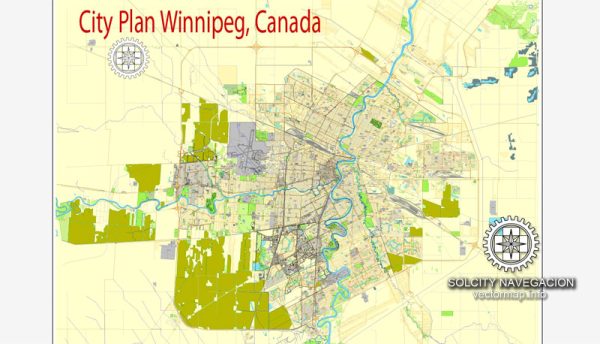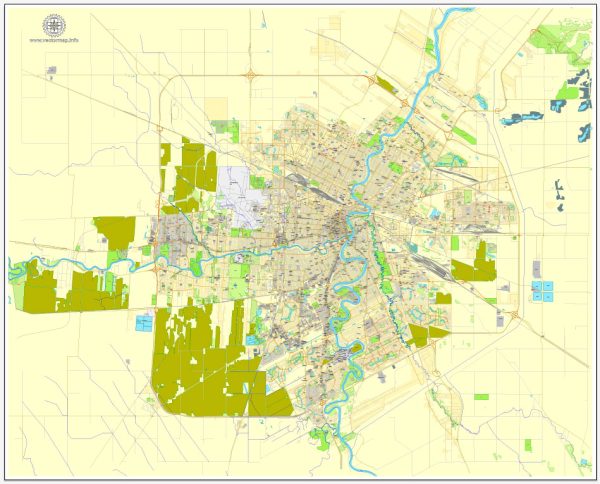Winnipeg is the capital city of the Canadian province of Manitoba. It is located in central Canada and is the largest city in Manitoba. Here are some key facts and information about Winnipeg:
- Location: Winnipeg is situated in the southeastern part of Manitoba, near the longitudinal center of North America. It is often referred to as the “Gateway to the West.”
- Population: As of my last knowledge update in September 2021, Winnipeg had a population of around 749,500 people. The population may have changed since then.
- Climate: Winnipeg experiences a continental climate with four distinct seasons. Winters can be extremely cold, with temperatures often dropping well below freezing, while summers are warm and can occasionally be hot.
- Economy: Winnipeg’s economy is diverse, with sectors including manufacturing, finance, education, healthcare, and transportation. The city is a major transportation and railway hub for the region.
- Cultural Diversity: Winnipeg is known for its cultural diversity, with a significant Indigenous population and a rich history of immigration. It’s home to various cultural festivals and events throughout the year.
- Cultural Institutions: The city boasts several cultural institutions, including the Royal Winnipeg Ballet, the Winnipeg Symphony Orchestra, and numerous museums and art galleries.
- Sports: Winnipeg has a strong sports culture and is home to the Winnipeg Jets, an NHL hockey team, and the Winnipeg Blue Bombers, a CFL football team.
- Tourist Attractions: Winnipeg has a variety of tourist attractions, including The Forks, a historic site at the junction of the Red and Assiniboine Rivers, and the Canadian Museum for Human Rights, which is the first national museum in Canada located outside of Ottawa.
- Education: The city is home to several universities and colleges, including the University of Manitoba and the University of Winnipeg.
- Transportation: Winnipeg is a major transportation hub in Canada. It has an international airport, rail connections, and a well-developed road network.
- Historical Significance: Winnipeg has a rich history, including its role in the fur trade, the construction of the Canadian Pacific Railway, and the 1919 Winnipeg General Strike, which was a significant event in the history of labor and social movements in Canada.






 Author: Kirill Shrayber, Ph.D. FRGS
Author: Kirill Shrayber, Ph.D. FRGS